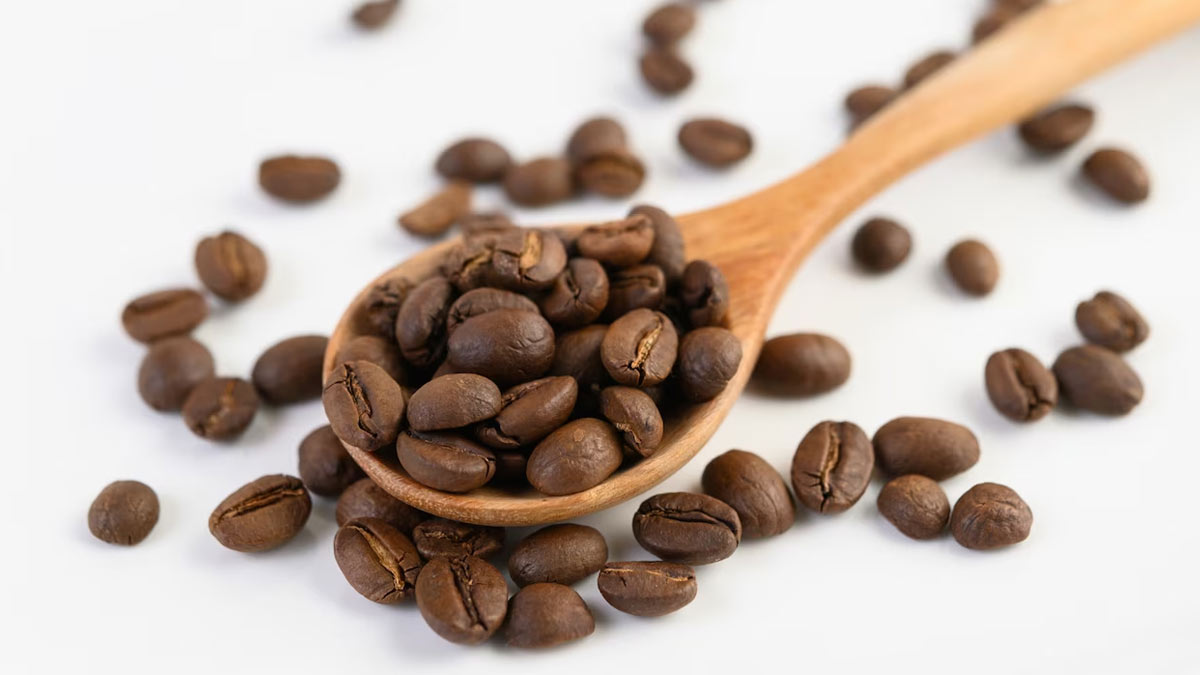
Caffeine, a natural stimulant widely consumed across the globe, offers an invigorating jolt to our daily routines. While coffee is the quintessential source of caffeine, numerous alternatives exist that provide a similar revitalizing effect. This article delves into the diverse spectrum of caffeine sources beyond coffee, elucidating their potential benefits and considerations.
Tea: An Ancient Elixir of Vigor
Tea, a beverage cherished for centuries, stands as one of the primary caffeine alternatives. Varieties such as black tea, green tea, and oolong tea all harbor caffeine, albeit in varying quantities. Rich in antioxidants and renowned for their potential health benefits, these teas offer a gentler caffeine release compared to coffee, potentially aiding in sustained alertness without the pronounced caffeine crash.
Cocoa: Indulgence with a Boost
Cocoa-based products, including hot cocoa and dark chocolate, provide a delightful means of incorporating caffeine into one's diet. Dark chocolate, with its relatively modest caffeine content, serves as an enjoyable option for those seeking a subtle energy lift along with its antioxidant properties. However, it's crucial to consume these products in moderation, considering their calorie content and potential additives.
Energy Drinks: Convenience and Vigilance
Energy drinks, formulated to swiftly enhance alertness, have gained popularity due to their portability and immediate impact. These beverages often amalgamate caffeine with other stimulants, vitamins, and amino acids, resulting in a potent concoction. While they can be effective for a quick pick-me-up, overconsumption of energy drinks may lead to jitteriness, elevated heart rate, and potential adverse health effects, necessitating moderation.
Soft Drinks: A Lesser-Known Source
Certain carbonated soft drinks encompass caffeine, albeit in varying quantities. These beverages, commonly featuring cola flavors, offer a caffeine source that might be overlooked amidst the assortment of ingredients. While these drinks present an alternative to coffee, they also bring along added sugars and artificial additives, warranting cautious consumption.
Tea Infusions: Herbal Hints of Alertness
Herbal infusions such as yerba mate and guayusa offer a caffeine-rich option derived from natural sources. These infusions, distinct from traditional teas, provide a caffeine kick coupled with a unique flavor profile. Rich in antioxidants and other beneficial compounds, these herbal alternatives showcase potential health perks while catering to those seeking a departure from traditional coffee consumption.
Considerations for Consumption
While the aforementioned alternatives to coffee present diverse options for caffeine intake, it is paramount to approach consumption with prudence. Individuals should consider their personal caffeine tolerance, health conditions, and daily energy requirements. Overindulgence in caffeine can lead to adverse effects such as sleep disturbances, anxiety, and digestive discomfort.
Conclusion
In a world where caffeine acts as a ubiquitous agent of alertness, exploring alternatives to coffee can unveil a panorama of flavors and experiences. From the ancient elixirs of tea to the modern convenience of energy drinks, each caffeine source offers a unique balance of benefits and considerations. As consumers, understanding one's preferences and physiological responses can empower informed choices that align with overall health and wellness goals.